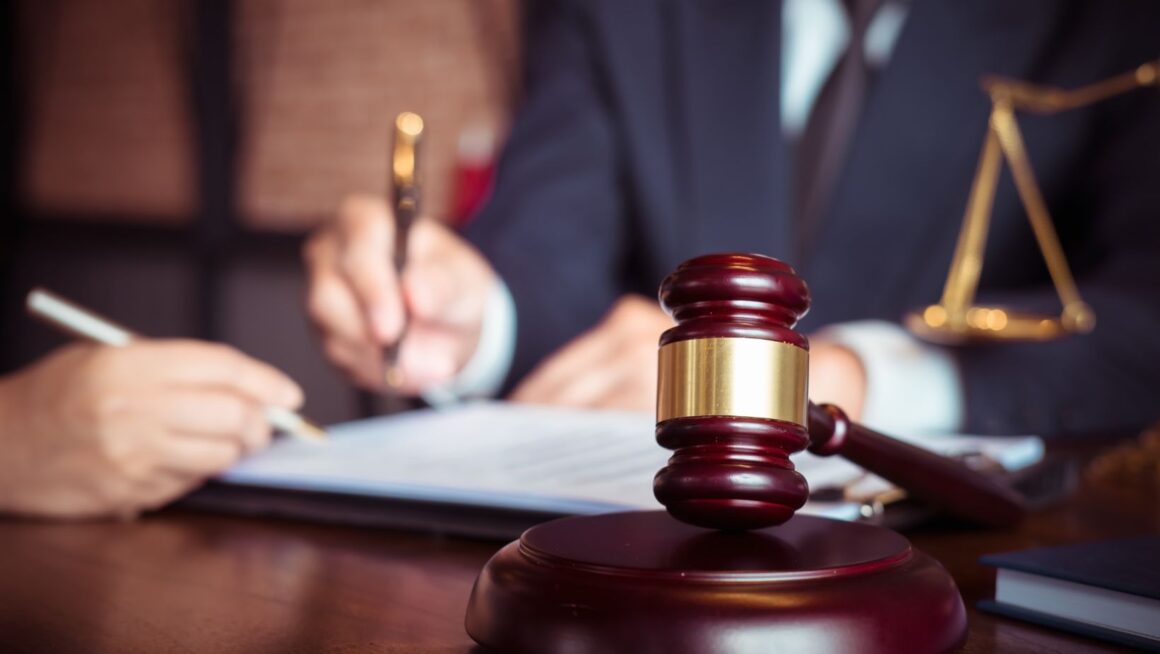
For a personal injury claim to proceed efficiently in Avon, Indiana, successful preparation requires gathering documents and understanding the local court jurisdiction and the specific procedural environment. Ignoring these local variables can lead to unnecessary delays or complications that extend the entire process.
This guide outlines essential, practical steps to prepare for a personal injury legal claim. When you need local experience, the first step is to find a personal injury lawyer in Avon who can apply their knowledge of local rules and practices. A knowledgeable local legal team is your best resource for handling the Indiana system.
Understand When the Local Venue Becomes Relevant (If a Lawsuit Is Filed)
While Indiana law applies statewide, the civil court process operates locally. Avon is in Hendricks County, and if your personal injury case escalates to a lawsuit, it will be handled by the Hendricks County Circuit or Superior Court in Danville.
At this stage, your attorney ensures the lawsuit is filed in the proper venue, meaning the correct county and court with jurisdiction over the case. A legal team familiar with Hendricks County understands the court’s specific preferences, including how documents must be filed and how deadlines are managed once litigation begins.
Each Indiana county court also maintains its own Local Rules of Court that address scheduling, case management orders, and courtroom procedures. Compliance with these rules is critical once your claim becomes a formal lawsuit to avoid errors or unnecessary delays.
Even before a case reaches the courthouse, understanding where and how it will be filed helps your legal team prepare strategically. Knowing the local venue rules in advance minimizes surprises and ensures a smoother transition if your claim proceeds to litigation.
Organize Your Records Early to Strengthen Your Claim
Before contacting a personal injury legal team in Avon, gather all documentation supporting your injury and its impact. Even though most personal injury cases begin as insurance claims rather than lawsuits, having these materials organized from the start will make the process smoother, and, if needed, provide a strong foundation should the case move into litigation later, when the Indiana Rules of Trial Procedure govern formal evidence disclosure.
- Identify medical records: Systematically identify and list all healthcare providers you have seen or plan to visit for the injury, including emergency rooms, doctors’ offices, specialists, and physical therapy centers. These medical files are the foundation of a personal injury claim, and your legal team will require this complete list to request the necessary documents.
- Establish the incident timeline: Gather any official reports, such as the police report for a traffic accident or the incident report filed with a business owner after a fall. These official documents set the authoritative date and time of the event.
- Preserve communications: Systematically save all communications (emails, letters, or certified notices) exchanged between you and the other party, their representatives, or the insurance company regarding the incident or your injuries.
Building an organized record set early on saves time, reduces stress, and helps your lawyer focus on the complex legal and medical details that drive results. If the claim later becomes a lawsuit, your documentation will already meet the standards expected during formal discovery, giving your legal team a head start.

Prepare for Discovery if Your Case Proceeds to Litigation
If settlement negotiations fail and your personal injury claim becomes a lawsuit filed in Hendricks County, you and your attorney will enter the discovery phase, which is the formal exchange of information between both sides, governed by the Indiana Rules of Trial Procedure. This stage is part of the litigation process, not the initial insurance claim. This is how you should prepare:
- Expect full disclosure: Be ready to provide honest and complete answers about your injuries, medical history, and daily activities. You may also be asked to share relevant documents or records through formal discovery requests.
- Cooperate with testimony preparation: You could be required to give sworn testimony during a deposition. Although not a trial, it is an on-the-record interview under oath. Preparing for the deposition with your legal team is non-negotiable, as consistency and clarity in your testimony are paramount.
- The rule of transparency: Once a case reaches court, transparency is mandatory. Attempts to withhold or misrepresent information can result in serious sanctions or unfavorable rulings.
Discovery is where the facts of a lawsuit are examined and tested. Staying organized and cooperative at this stage allows your legal team to build a strong, evidence-based case and effectively navigate Indiana’s formal court procedures.
Focus on Procedural Compliance
A successful personal injury case in Avon, Indiana, depends on careful preparation and adherence to both state and local rules. By gathering early evidence, organizing your documentation, and understanding what to expect if litigation becomes necessary, you help your attorney focus on achieving the best possible outcome. These proactive steps protect your position throughout every stage, from claim to potential court proceedings.











